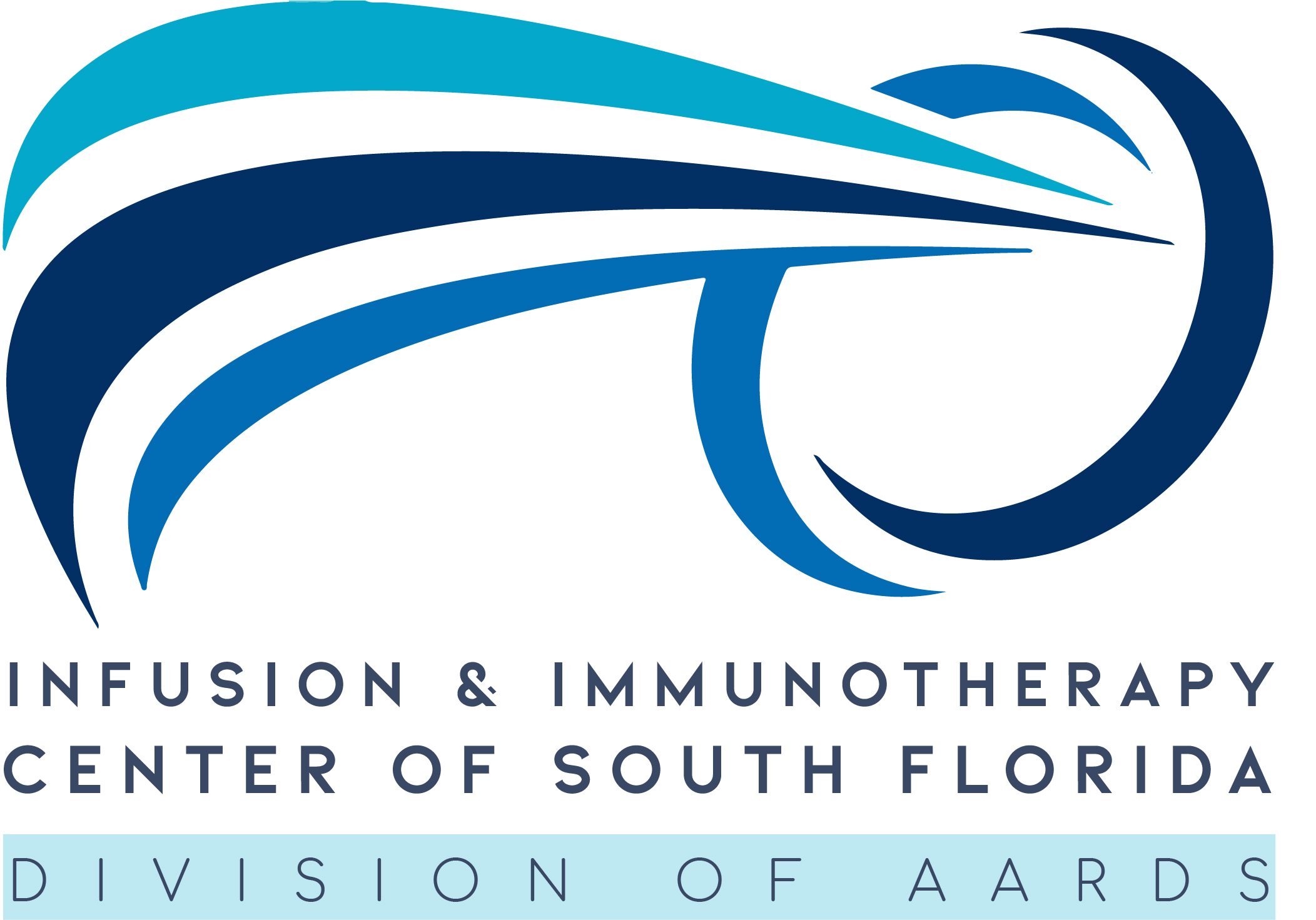Dry Mouth
Syndrome
Dry Mouth Syndrome
There are several causes of dry mouth (xerostomia) including: a side effect of certain medications, a side effect of certain diseases and infections, a side effect of certain medical treatments, and nerve damage, to name a few. Saliva is needed to moisten and cleanse our mouths and digest food. Saliva prevents infections by controlling bacteria and fungi in the mouth. When our saliva production is reduced the mouth gets dry and uncomfortable. Some of the symptoms of dry mouth are a sticky feeling in the mouth, frequent thirst, sores in the mouth or split corners of the mouth, cracked lips, a dry feeling in the throat, hoarseness and bad breath. If the dry mouth is a result of an autoimmune disease, there are methods for restoring mouth moisture.
Medications may be prescribed by your doctor and will stimulate saliva production. There are over-the-counter mouth rinses, artificial saliva substitutes and other suggestions such as drinking plenty of fluids which may help to restore the proper moisture in the mouth. There can be complications of severe dry mouth symptoms such as choking and gingivitis and so the treatment for the symptoms of dry mouth should not be ignored.
Author: Norman B. Gaylis, M.D., F.A.C.P., M.A.C.R.

